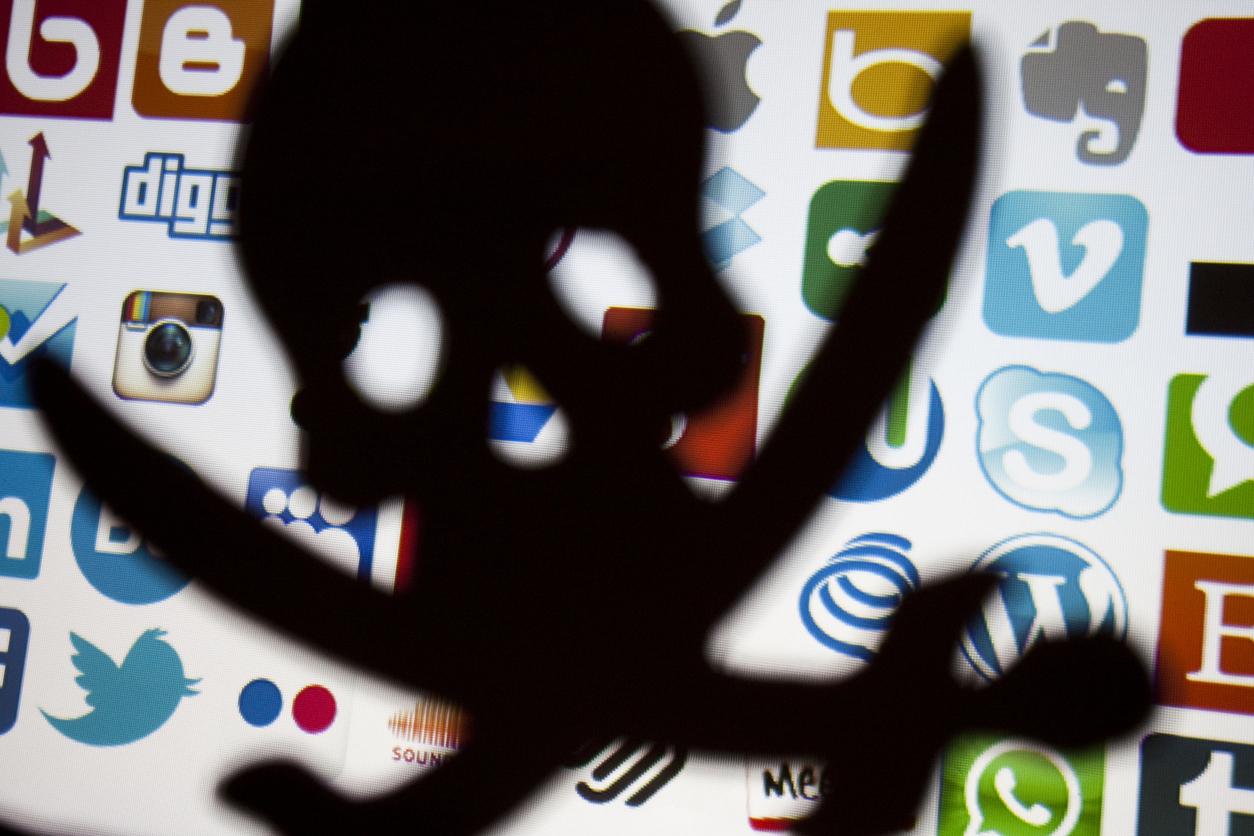Piracy surges as people search for free films and TV shows to watch online in lockdown
Illegal streams and downloads pose significant risk to industry and viewers alike, experts warn

Online piracy has surged in popularity since countries around the world began enforcing lockdown measures to prevent the spread of the coronavirus, new figures have revealed.
Traffic to illegal streaming and download sites rose by nearly 60 per cent between February and March, as people sought ways to watch films and TV shows for free.
Piracy tracking firm Muso registered more than 300 million visits to piracy sites in the UK, and more than 1 billion in the US.
“Piracy or unlicensed consumption trends are closely linked to paid-for or licensed content,” said Muso CEO Andy Chatterley. ”Just as Netflix has seen large subscriber gains, we have seen a significant spike in visits to film piracy sites.”
Netflix is among a number of legitimate streaming services to experience significant subscriber gains in recent months as a result of people being forced to stay at home. The platform added a record 15.7 million subscribers in its most recent quarter, taking its total global membership above 180 million for the first time.
New streaming service Disney Plus has also racked up more than 50 million subscribers since launching five months ago – a milestone that took Netflix seven years to achieve.
The parallel spike in illegal streaming has led security experts to warn of the dangers involved in seeking out and watching pirated content.
"Pirate websites and apps are often unsafe and carry nasty malware and other unwanted traps that can damage your device," Mark Mulready, from digital security firm Irdeto, told The Independent.
"Hackers can also use pirate websites and apps as a gateway into your home network, where they will attempt to steal everything from personal data to financial data."
The upswing in piracy was first recorded in China back in February, after it became the first country to introduce stay-at-home orders.
At the time, Muso noted that some of the most popular titles being illegally streamed were the movies Contagion and Pandemic, however there has since been a shift towards more light-hearted entertainment.
TV marketing body Thinkbox found that demand for comedy shows increased by 40 per cent in the first three weeks of lockdown compared to te same time period last year.
Viewing of news programmes also increased, however people have begun to “window” their consumption by only tuning in at certain times of the day.
“The effects of social distancing are profound,” said Matt Hill, a research and planning director at Thinkbox. “Our media habits are dramatically changing as a result of the new situations we find ourselves in and it is vital we understand what those changes mean for the TV and advertising industries.”
Join our commenting forum
Join thought-provoking conversations, follow other Independent readers and see their replies
Comments
Bookmark popover
Removed from bookmarks